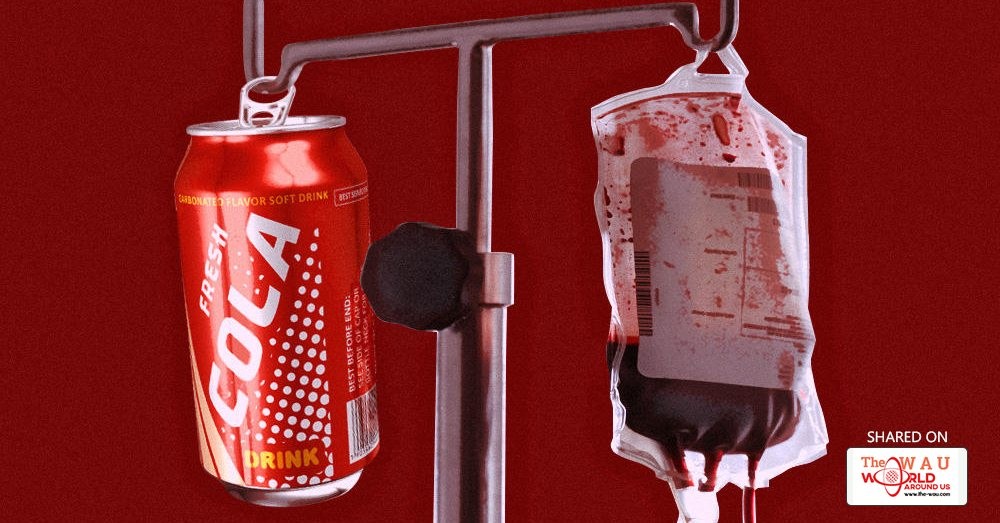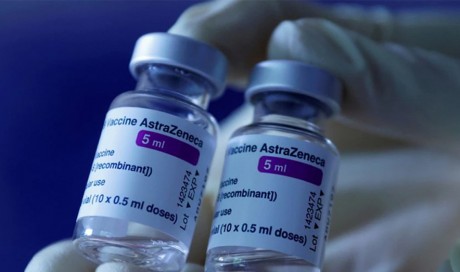Chugging too much soda won’t just give you a gut: Soda might also raise your risk of developing prediabetes as well, a new study published in The Journal of Nutrition suggests.
In a study of over 1,600 people, those who drank regular soda more than 3 times a week were 46% more likely to develop prediabetes—a disease where your blood sugar is elevated, but not quite at the diabetes threshold—over a 14-year period than those who didn’t drink any of the beverage.
Even just one 12-ounce can of soda more than three times a week is enough to raise your health risk.
This link between soda and prediabetes persisted even after the researchers adjusted for potential factors that may be skewing the relationship, like calorie consumption, physical activity levels, and body mass indexes (BMI).
One possible reason is that the sugar content of regular soda may overwhelm the drinker’s system with excess glucose and fructose, says lead study author Nicola McKeown, PhD, of Tufts University.
The extra sugar rush raises the amount of sugar in your body in the short-term. But it can also mess with your system long-term, by changing the way the pancreas releases insulin, a hormone that allows your body to absorb glucose for energy. As a result, you can develop insulin resistance, a condition where your body needs higher and higher amounts of insulin to function, says McKeown. When your body can’t churn out enough insulin to keep up with that demand, the glucose builds up in your blood, and you can develop prediabetes, and eventually diabetes.
Diet soda, on the other hand, doesn’t contain sugar, which may be why the study saw no link between the consumption of that kind of soft drink and prediabetes risk. (Still, other research has found mixed results regarding diet soda and diabetes, as well as to other health ills like lower bone density and cardiovascular risks).
For regular soda drinkers, the propensity toward prediabetes should be a carbonated wake-up call.
To help prevent prediabetes, stop drinking the soda, and focus instead on eating a nutrient-dense diet—think satiating protein, lots of fruits and vegetables, and complex carbs like whole grains that won’t spike your blood sugar, McKeown advises.
And losing at least 5% of your body weight can help keep your blood sugar in check, too.
“If you don’t make lifestyle changes after being diagnosed with prediabetes,” McKeown says, “you are likely on the trajectory to developing diabetes.”
Share This Post












